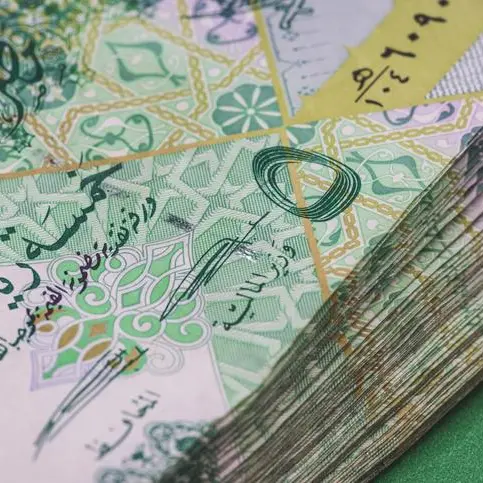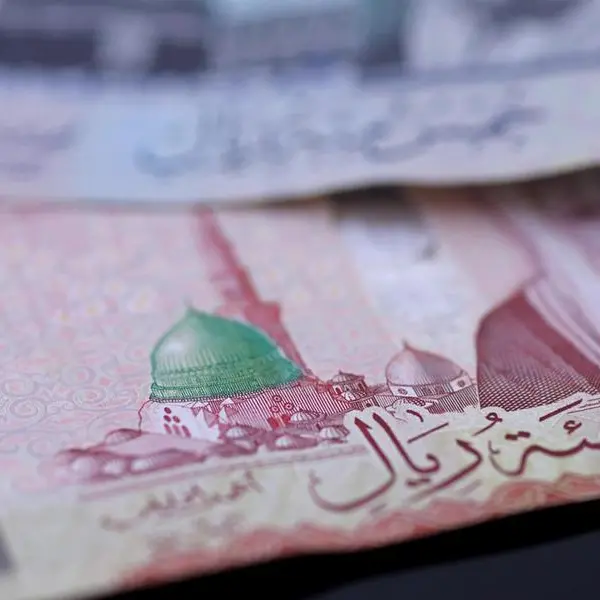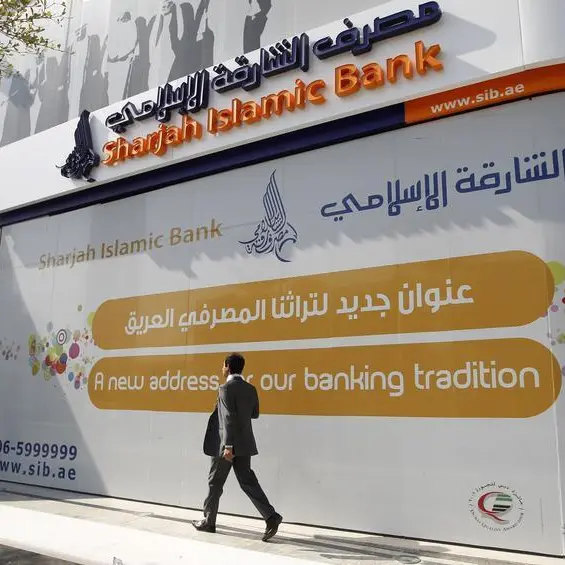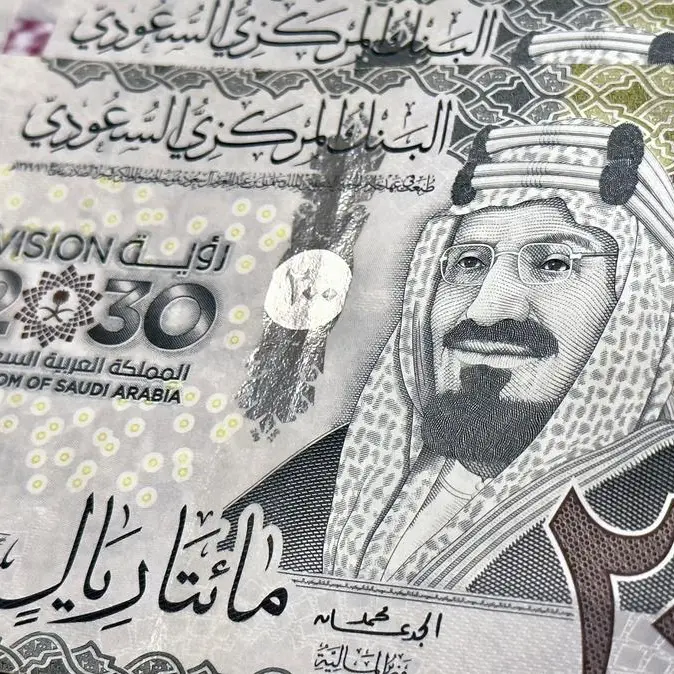PHOTO
Blockchain technologies have come into focus as Islamic finance adapts to disruptive innovation in financial services.
With assets in Islamic finance forecast to top $6.7 trillion by 2027, blockchain technologies are being adopted to modernise Shariah compliance, despite some challenges that have sparked debate amidst scholars.
According to a Moody’s Investors Service report, embedded smart contracts, updated and transparent management of obligatory charitable giving (zakat) and a more efficient platform for Sukuk issuance, the Islamic equivalent of bond-like securities, have blockchain features that align well with Islamic finance principles.
To fully leverage the benefits of blockchain and digital assets, Islamic finance institutions are being tasked to craft adoption strategies that encompass technology integration, Shariah compliance, regulatory compliance, risk management and customer education, the report states.
Collaboration with Shariah scholars and experts is essential, according to the report, to ensure that blockchain initiatives and digital asset offerings align with Islamic ethical and legal principles.
“Institutions should conduct thorough assessments and pilot projects to test the feasibility and scalability of blockchain solutions within their specific context, while also navigating regulatory requirements and seeking approval from relevant authorities before implementation,” the Moody’s report adds.
Prioritising risk management and customer education is crucial for the successful adoption of blockchain and digital assets in Islamic finance, the report says, adding that institutions must identify and mitigate potential risks, such as cybersecurity threats and operational risks, while also providing clear and accurate information to customers about the benefits, risks, and implications of using blockchain technology and digital assets.
Many countries are also exploring the potential of central bank digital currencies (CBDCs) within the Islamic framework, but integration would present unique challenges because of the need for strict Shariah compliance.
However, digital assets’ potential for anonymity and speculation poses challenges for Shariah compliance. According to Moody’s, some key blockchain components, including unbacked cryptocurrencies and tokenised assets, have sparked debates over their suitability for adoption into Islamic finance.
“Despite these challenges, some digital assets may meet Shariah criteria if they fulfil specific conditions outlined by Islamic scholars. For instance, digital assets backed by tangible assets, such as gold or real estate, may be considered Shariah-compliant as they have intrinsic value and are not solely dependent on speculative trading,” said Rajeev Bamra, Senior Vice President & Head of Strategy, Digital Economy at Moody’s Ratings.
“Similarly, digital assets that serve as a genuine economic purpose, such as facilitating cross-border remittances or improving financial inclusion, may be deemed permissible,” he added.
In the UAE, oversight of the regulatory framework for digital assets primarily falls under two key federal bodies: the Securities and Commodities Authority (SCA) and the Central Bank of the UAE (CBUAE). While the SCA focuses on securities-related matters, the CBUAE regulates activities concerning digital currencies and stored value.
According to the ‘UAE Islamic Finance Report 2023’, released in December by the CBUAE, Islamic banks in the UAE are embracing digital innovation at a rapid pace, implementing customer-related digital initiatives and utilising innovative technologies to address the changing banking landscape.
“The UAE, which has a well-developed and well-regulated Islamic finance sector, stands out as a significant digital assets hub, leading the charge in technological innovation and embracing the digital economy through forward thinking digital assets regulation,” added Bamra.
(Writing by Bindu Rai, editing by Daniel Luiz)





















